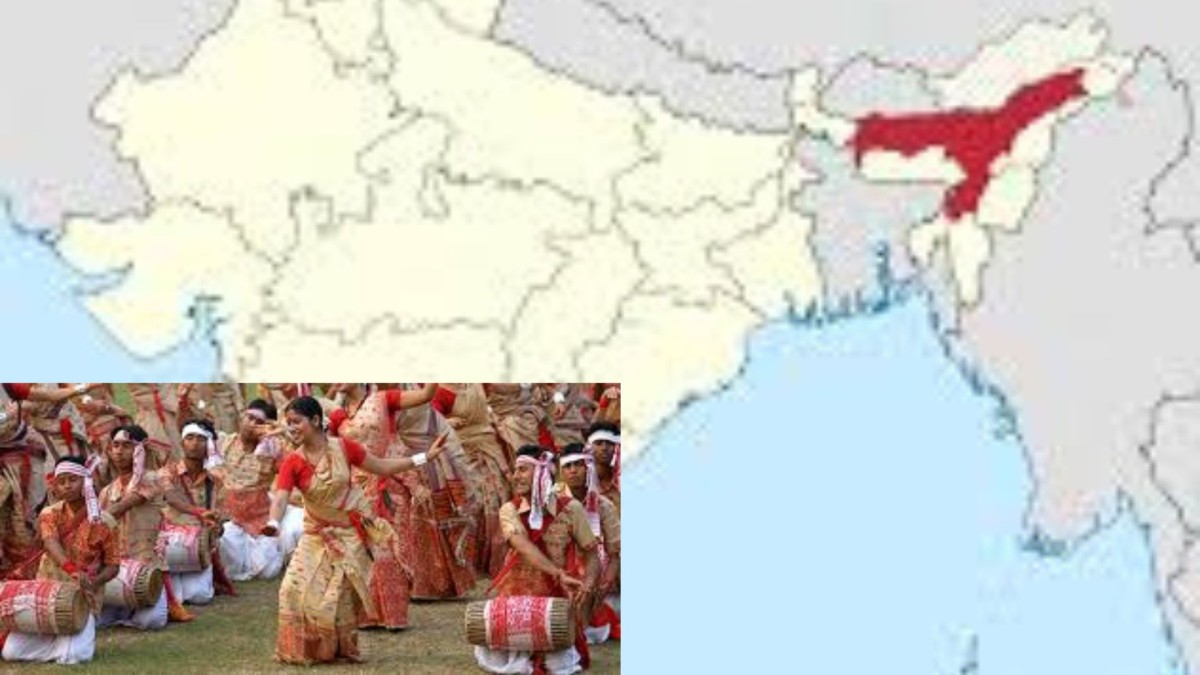Guwahati, Assam — In a bold push for grassroots governance, Assam has added 10 more co-districts, taking its total count to a whopping 49 administrative sub-blocks across the state.
Announced by the Chief Minister’s Office, the move is part of a broader decentralization initiative aimed at bringing government services closer to the people—and making administration faster, smarter, and more accessible.
📍 Where Are the New Kids on the Block?
The newly minted co-districts are:
- Boko-Chhaygaon and Palashbari (Kamrup)
- Borsola and Rangapara (Sonitpur)
- Mariani and Teok (Jorhat)
- Makum and Digboi (Tinsukia)
- Dholai (Cachar)
- Dudhnoi (Goalpara)
Eight of these were inaugurated on August 12, with the final two cutting ribbons on August 13.
“With the inauguration of 10 more co-districts in 2nd Phase, Assam Govt takes another step towards enhancing governance at the grassroots,” the CMO said on X (formerly Twitter).
🛠️ What’s a Co-District Anyway?
These co-districts are not just for show—they’re armed with real administrative powers. Responsibilities include:
- Land revenue
- Welfare schemes
- Disaster management
- Rural development
- Civil supplies
- Magisterial and administrative duties
In short, they’re mini command centers aimed at turbocharging local governance.
🗺️ Not Assam’s First Rodeo
This isn’t Assam’s first foray into co-districting. In October 2024, the state kicked off the program by launching 39 co-districts in Phase 1, laying the foundation for a state-wide network of decentralized power hubs.
🚀 Why It Matters
This ambitious plan is designed to shrink the gap between citizens and services, particularly in rural and remote regions. It’s also a strategic step toward more responsive governance, especially during emergencies and development planning.
So if your hometown suddenly has a new co-district office, don’t be surprised—Assam’s map is officially having a growth spurt!
Would you like a graphic-friendly version for Instagram or a tweet-length summary too?


